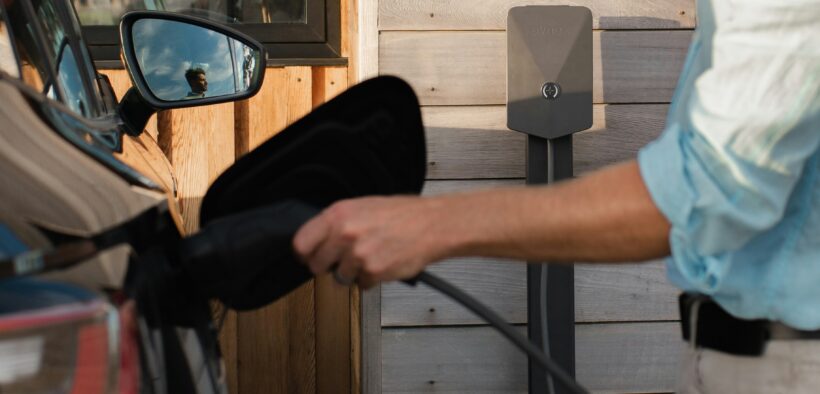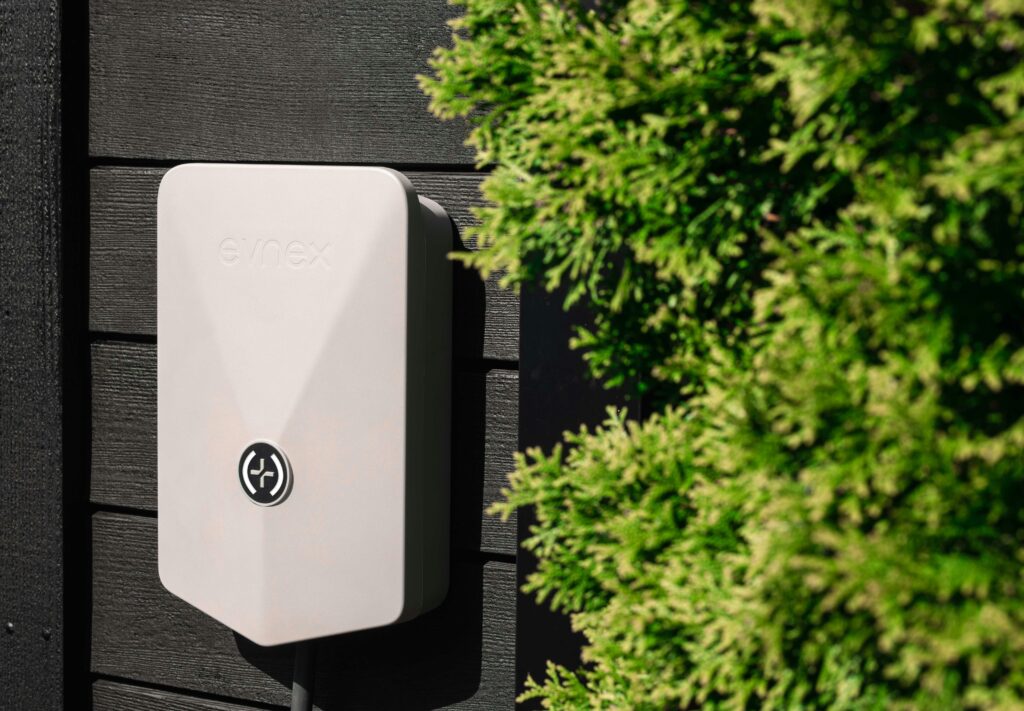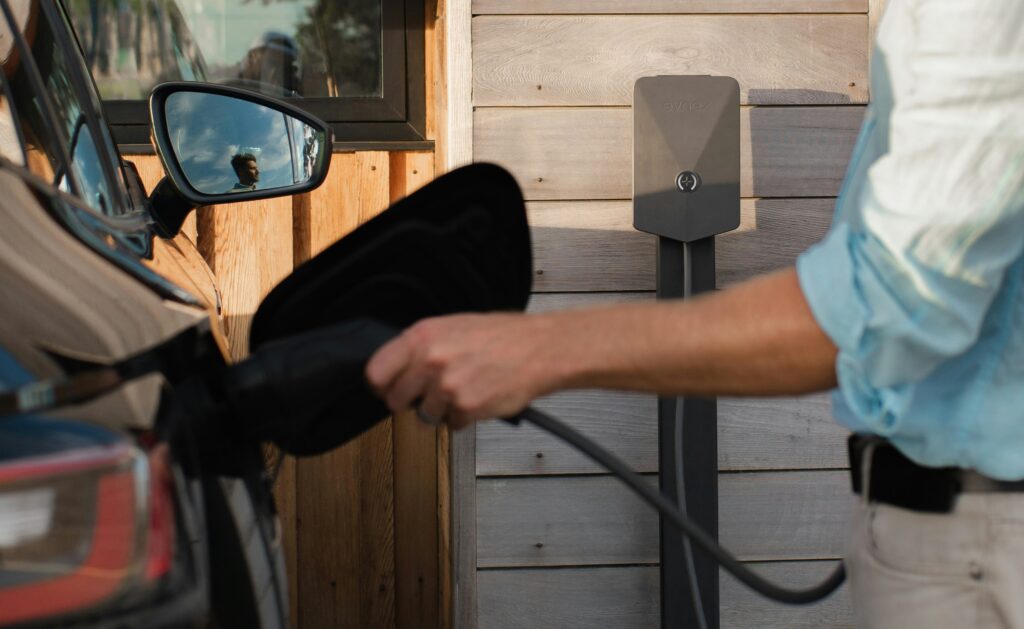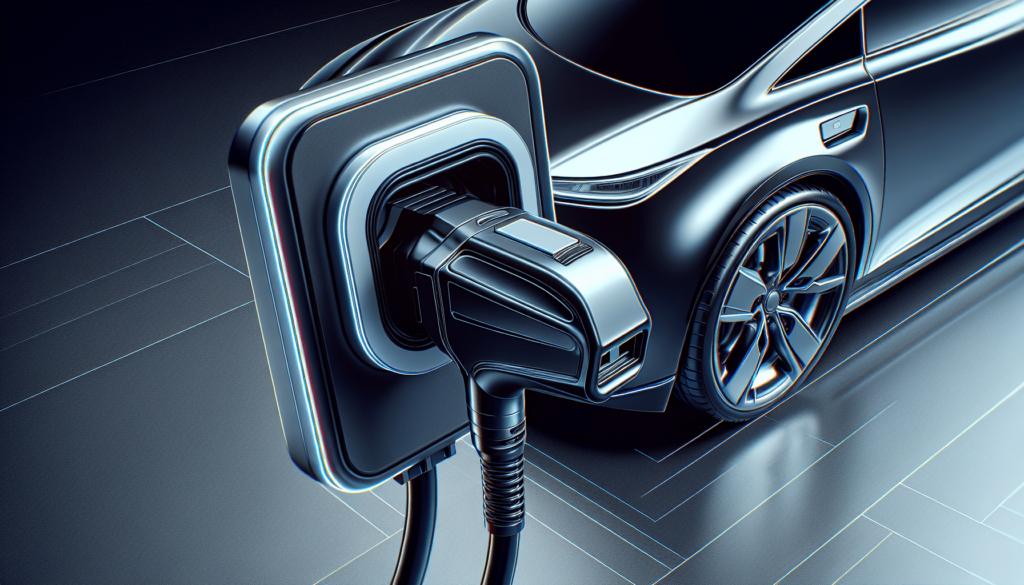Can I install a home charging station?
Share

So, you’ve taken the leap and finally purchased an electric vehicle, or maybe you’re just considering it. Either way, you’re probably wondering if you can install a home charging station for your new electric ride. Well, the good news is that it’s absolutely possible! Having a home charging station can make your life so much easier and convenient, eliminating the need to rely solely on public charging stations. Whether you’re a homeowner or a renter, finding the right solution for installing a charging station at home is within your reach.
Types of Electric Vehicles
Battery Electric Vehicles (BEVs)
Battery Electric Vehicles, or BEVs, are fully electric vehicles that rely solely on an electric motor and a rechargeable battery pack for power. These vehicles do not have a combustion engine and therefore do not produce any tailpipe emissions. BEVs are charged by plugging them into an external power source, such as a home charging station or a public charging station. They offer the advantage of zero emissions, lower operating costs, and a quieter and smoother driving experience.
Plug-in Hybrid Electric Vehicles (PHEVs)
Plug-in Hybrid Electric Vehicles, or PHEVs, combine an electric motor and a combustion engine. These vehicles can be charged by plugging them into an external power source, like a home charging station, as well as by using the internal combustion engine. PHEVs typically have a smaller electric-only range compared to BEVs, but they offer the flexibility of using gasoline when needed, making them suitable for longer trips. PHEVs provide the benefits of lower emissions and increased fuel efficiency compared to traditional gasoline-powered vehicles.
Extended Range Electric Vehicles (EREVs)
Extended Range Electric Vehicles, or EREVs, are similar to PHEVs in that they combine an electric motor and a combustion engine. However, EREVs primarily operate on electric power and use the combustion engine as a generator to recharge the battery when needed. This allows EREVs to have a longer electric-only range compared to PHEVs. EREVs offer the advantages of lower emissions, improved fuel efficiency, and the ability to operate primarily on electricity, resulting in lower operating costs.
Why Install a Home Charging Station?
Convenience
Installing a home charging station provides the convenience of charging your electric vehicle in the comfort of your own home. Instead of relying solely on public charging stations, which may have limited availability or require waiting time, you can conveniently plug in your vehicle overnight or whenever it is not in use. This ensures that your vehicle is always ready to go whenever you need it, without the hassle of finding a charging station.
Cost Savings
Charging your electric vehicle at home can lead to significant cost savings compared to relying solely on gasoline. The cost of electricity is generally lower than the cost of gasoline, especially when taking advantage of off-peak charging rates. Additionally, some utility companies may offer special rates or incentives for electric vehicle owners, further reducing the cost of charging at home. Over time, the savings on fuel costs can help offset the initial investment of installing a home charging station.
Environmentally Friendly
By installing a home charging station, you can contribute to a cleaner and greener environment. Electric vehicles produce zero tailpipe emissions, meaning they do not contribute to air pollution and greenhouse gas emissions that are harmful to human health and the environment. By charging your vehicle at home with renewable energy sources, such as solar panels, you can further reduce your carbon footprint and dependence on fossil fuels. Installing a home charging station is a small step towards a more sustainable future.

Considerations Before Installing a Home Charging Station
Vehicle Compatibility
Before installing a home charging station, it is important to ensure that it is compatible with your specific electric vehicle model. Different electric vehicles may have different charging connectors and specifications, so it is crucial to choose a charging station that is compatible with your vehicle. Consult your vehicle’s manufacturer or refer to the user manual to determine the charging requirements and compatibility.
Electrical System Capacity
Another important consideration is the capacity of your home’s electrical system. Charging an electric vehicle requires a significant amount of power, and your electrical system needs to have the capacity to handle the additional load. It is recommended to have a professional electrician assess your electrical system and determine if any upgrades or modifications are necessary to support a home charging station.
Permitting and Codes
Before installing a home charging station, you may need to obtain permits and comply with local building codes and regulations. Depending on your jurisdiction, you may need to submit an application, pay fees, and schedule inspections. It is important to research and comply with these requirements to ensure a safe and legal installation. Consulting with a professional electrician can help navigate the permitting process.
Installation Location
Selecting the right location for your home charging station is essential for convenience and accessibility. Consider factors such as proximity to your parking spot, ease of access to electrical connections, and space availability. You may need to install the charging station on a wall, post, or in a dedicated charging enclosure. Consulting with a professional electrician can help determine the best location for your specific circumstances.
Choosing the Right Home Charging Station
Level 1 Charging Stations
Level 1 charging stations provide the slowest charging option for electric vehicles. They typically use a standard household 120-volt outlet and require a dedicated circuit. Level 1 charging stations are most suitable for vehicles with smaller battery packs, lower daily driving needs, or longer charging periods. While Level 1 charging may take longer to fully charge a vehicle, it can still provide sufficient charging overnight for many drivers.
Level 2 Charging Stations
Level 2 charging stations offer faster charging compared to Level 1 stations. They typically use a 240-volt outlet and require a dedicated circuit. Level 2 charging is recommended for most electric vehicle owners as it provides a more convenient and faster charging experience. With a Level 2 charging station, you can expect to fully charge your vehicle in a matter of hours, depending on the battery capacity.
Smart Charging Stations
Smart charging stations offer additional features and capabilities compared to traditional charging stations. These stations are equipped with advanced software and connectivity, allowing for remote monitoring, scheduling, and energy management. Smart charging stations can optimize charging based on electricity rates, solar energy production, or grid demand. They may also include features such as smartphone integration, energy usage tracking, and notification alerts. While smart charging stations may come at a higher cost, they provide enhanced functionality and control over your charging experience.

Working with a Professional Electrician
Consultation and Site Assessment
Before installing a home charging station, it is highly recommended to consult with a professional electrician. A qualified electrician can assess your electrical system, evaluate your charging needs, and recommend the most suitable charging station for your vehicle. They can conduct a site assessment to determine the feasibility of the installation, identify any necessary electrical upgrades, and provide guidance on permitting requirements.
Electrical Upgrades
In some cases, the installation of a home charging station may require electrical upgrades to ensure the proper functioning of your electrical system and meet safety standards. Examples of electrical upgrades may include panel upgrades, circuit installations, and wiring modifications. A professional electrician can perform these upgrades and ensure that your electrical system is capable of supporting the charging station’s power requirements.
Obtaining Permits
Navigating the permitting process can often be complex and time-consuming. A professional electrician can provide assistance in obtaining the necessary permits for the installation of your home charging station. They have the knowledge and experience to understand local building codes and regulations, submit accurate permit applications, and coordinate inspections. Working with an electrician can help streamline the permitting process and ensure compliance with all relevant requirements.
Installation Process for a Home Charging Station
Selecting a Location
Once you have determined the preferred location for your home charging station, the installation process can begin. The charging station should be mounted securely on a stable surface, such as a wall or post, in close proximity to your parking spot. Ensure that the location allows for easy access to the electrical connections and does not create any obstructions or safety hazards.
Wiring and Circuit Installation
The installation of a home charging station requires proper wiring and circuit installation. A professional electrician will carefully plan and install the necessary electrical wiring to connect the charging station to your electrical system. This may involve running new wires, installing conduit if needed, and making appropriate connections. The wiring and circuit installation should comply with electrical codes and safety standards.
Mounting and Securing the Charging Station
Once the wiring and circuit installation are complete, the charging station can be mounted and secured in its designated location. The mounting process may involve drilling holes, attaching brackets or mounts, and ensuring the station is properly aligned and secured. The charging station should be positioned in a way that allows for easy access to the charging port and provides adequate protection from the elements.

Costs of Installing a Home Charging Station
Equipment Costs
The cost of a home charging station can vary depending on the brand, features, charging capacity, and any additional accessories. Level 1 charging stations are generally less expensive compared to Level 2 and smart charging stations, with prices ranging from $200 to $600. Level 2 charging stations typically range from $400 to $1,200, while smart charging stations can range from $700 to $2,000 or more.
Electrical Upgrades Costs
If your home’s electrical system requires upgrades to support a home charging station, additional costs may be incurred. The cost of electrical upgrades can vary depending on the extent of the work required, such as panel upgrades, circuit installations, and wiring modifications. On average, electrical upgrade costs can range from $500 to $2,500 or more, depending on the complexity of the project.
Labor Costs
Labor costs for the installation of a home charging station will depend on the complexity of the installation and local labor rates. On average, labor costs can range from $500 to $1,500 or more. The specific requirements of your installation, such as wiring, circuit installation, and mounting, will determine the exact labor costs involved.
Permitting Costs
Permitting costs for a home charging station installation can vary depending on your location and the specific requirements of your jurisdiction. Permit fees typically range from $50 to $500 or more. It is important to research the permitting costs in your area and budget accordingly.
Incentives and Rebates for Home Charging Station Installation
Federal Tax Credits
The United States federal government offers a tax credit to incentivize the installation of home charging stations. The federal tax credit allows for a credit of up to 30% of the installation cost, with a maximum credit of $1,000. However, it is important to note that tax credits are subject to change and may have varying eligibility criteria. Consult with a tax professional or refer to the Internal Revenue Service (IRS) for the most up-to-date information.
Utility Company Rebates
Many utility companies offer rebates or incentives to encourage the installation of home charging stations. These rebates can vary depending on your utility provider, with some companies offering incentives of up to several hundred dollars. Contact your local utility company to inquire about available rebates or incentives for home charging station installations.
State and Local Incentives
In addition to federal incentives, some states and local municipalities offer their own incentives for home charging station installations. These incentives can include grants, rebates, or tax credits specifically targeted at promoting electric vehicle adoption. Check with your state or local government’s website or energy department to explore any available incentives in your area.

Maintenance and Care for Home Charging Stations
Regular Inspections
Regular inspections of your home charging station and electrical connections are important to ensure safe and efficient operation. Inspect the charging cable, connectors, and any associated components for signs of wear, damage, or corrosion. Regularly check for proper grounding, tight electrical connections, and any visible abnormalities. Consult the manufacturer’s guidelines for recommended inspection intervals and procedures.
Cleaning and Maintenance
Keeping your home charging station clean and well-maintained is essential for proper functionality and longevity. Clean the charging station and its components regularly to remove dust, debris, or other contaminants that may impact performance. Follow the manufacturer’s instructions for cleaning and maintenance, and avoid using harsh chemicals that may damage the charging station.
Addressing Technical Issues
If you encounter any technical issues or abnormalities with your home charging station, it is important to address them promptly. Consult the manufacturer’s troubleshooting guide or contact their customer support for guidance. In some cases, professional assistance may be required to troubleshoot and resolve technical issues. Regularly updating the charging station’s firmware or software can also help prevent and address potential issues.
Conclusion
Installing a home charging station for your electric vehicle offers numerous benefits, including convenience, cost savings, and environmental friendliness. By considering factors such as vehicle compatibility, electrical system capacity, permitting requirements, and installation location, you can ensure a successful and safe installation. Consulting with a professional electrician is highly recommended to navigate the process smoothly. With the availability of various types of charging stations and incentives, you can choose the right charging solution for your needs. Regular maintenance and care will help prolong the lifespan of your home charging station and ensure optimal performance. Embracing the transition to electric vehicles and installing a home charging station is a step towards a sustainable and greener future.


